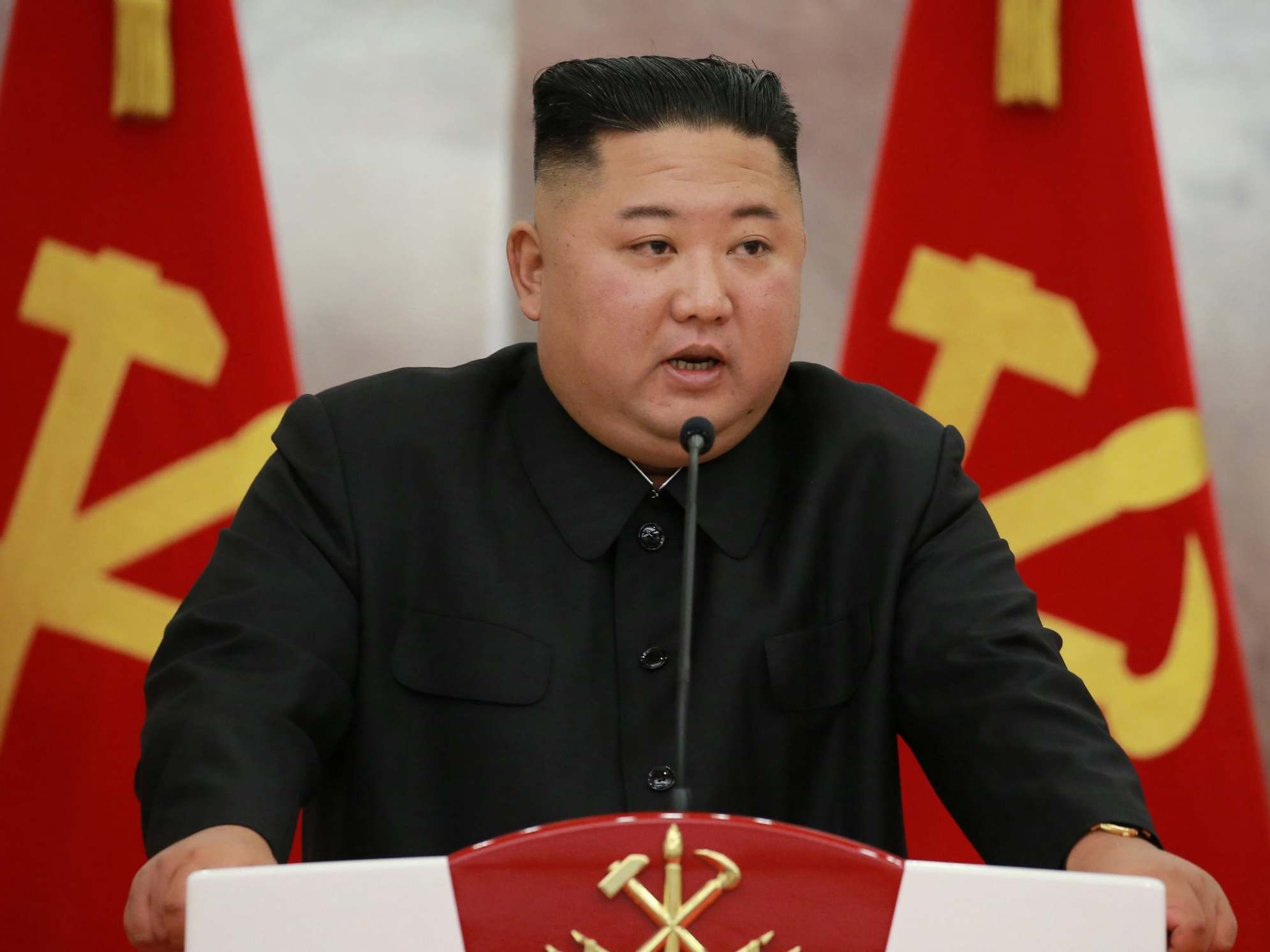Coronavirus: Defector who led to North Korean lockdown did not have Covid, Seoul says
No sign that man caught virus in South Korea, health officials say

Your support helps us to tell the story
From reproductive rights to climate change to Big Tech, The Independent is on the ground when the story is developing. Whether it's investigating the financials of Elon Musk's pro-Trump PAC or producing our latest documentary, 'The A Word', which shines a light on the American women fighting for reproductive rights, we know how important it is to parse out the facts from the messaging.
At such a critical moment in US history, we need reporters on the ground. Your donation allows us to keep sending journalists to speak to both sides of the story.
The Independent is trusted by Americans across the entire political spectrum. And unlike many other quality news outlets, we choose not to lock Americans out of our reporting and analysis with paywalls. We believe quality journalism should be available to everyone, paid for by those who can afford it.
Your support makes all the difference.A defector who led to a lockdown in North Korea due to infection fears did not have coronavirus when he crossed the border from South Korea, according to officials.
Alarm was raised in Pyongyang on Sunday after a man who had previously defected to South Korea was suspected to have Covid-19 when he was found in Kaesong City after illegally swimming across the border.
North Korean leader Kim Jong-un held an emergency meeting yesterday in response where he ordered a total lockdown of Kaesong City along with measures to isolate each region of the country, according to state news agency KCNA. This was the first time that the government publicly reported a possible case, having previously maintained that there had not been a single infection within their borders during the global pandemic.
South Korean officials believe they have identified a 24-year-old man who is likely to be the defector, but said they have so far found no sign that he was infected before crossing the border.
Police in South Korea’s Gyeonggi province told Reuters that the man was subject to a sexual assault complaint and a warrant for his arrest had been issued on 19 July, the same day he is believed to have returned to North Korea.
South Korean health authorities had found no sign that the man had tested positive for the coronavirus, nor that he had been in contact with anyone who had, health ministry official Yoon Tae-ho told a briefing on Monday.
The man, described by KCNA as a “runaway who went to the south three years ago”, is believed to have swum from Ganghwa Island across the stretch of sea separating the Koreas before arriving in Kaesong City, a dozen miles or so from the shore, South Korean military officials said on Monday.
He appears to have evaded border forces on Ganghwa Island by passing through a drain pipe under barbed wire fences, South Korea’s Joint Chiefs of Staff said.
Whether or not North Korea officially confirms the infection, the episode marks a change in the country’s reporting of the pandemic. The intensely secretive state had until Sunday maintained that there had been no cases coronavirus so far within its borders, a claim that experts have repeatedly challenged.
Even Pyongyang’s announcement that the virus may have entered the country has been met with scepticism, in part due to the government’s attempt to place the blame on their hostile neighbours.
“Blaming an alleged return defector for bringing Covid-19 into the country is likely intended to shift blame for spread of the virus away from China and Pyongyang and on to Seoul,” Leif-Eric Easley, professor of international studies at Ewha University in Seoul, said.
“This may also be a tactic for ratcheting up diplomatic pressure on [South Korea] and trying to further dissuade North Koreans from defecting to the South,” he said.
Additional reporting by agencies
Join our commenting forum
Join thought-provoking conversations, follow other Independent readers and see their replies
Comments